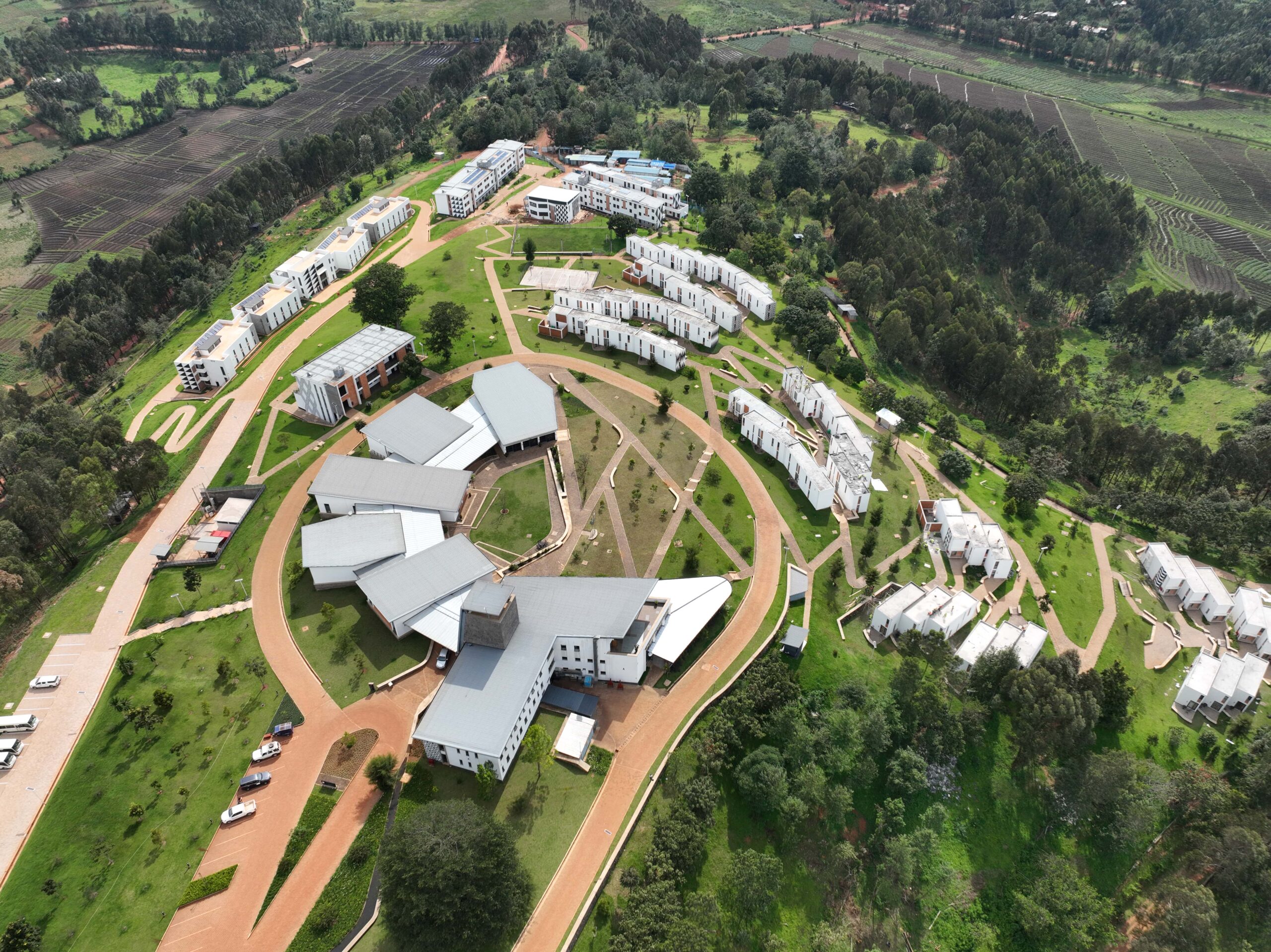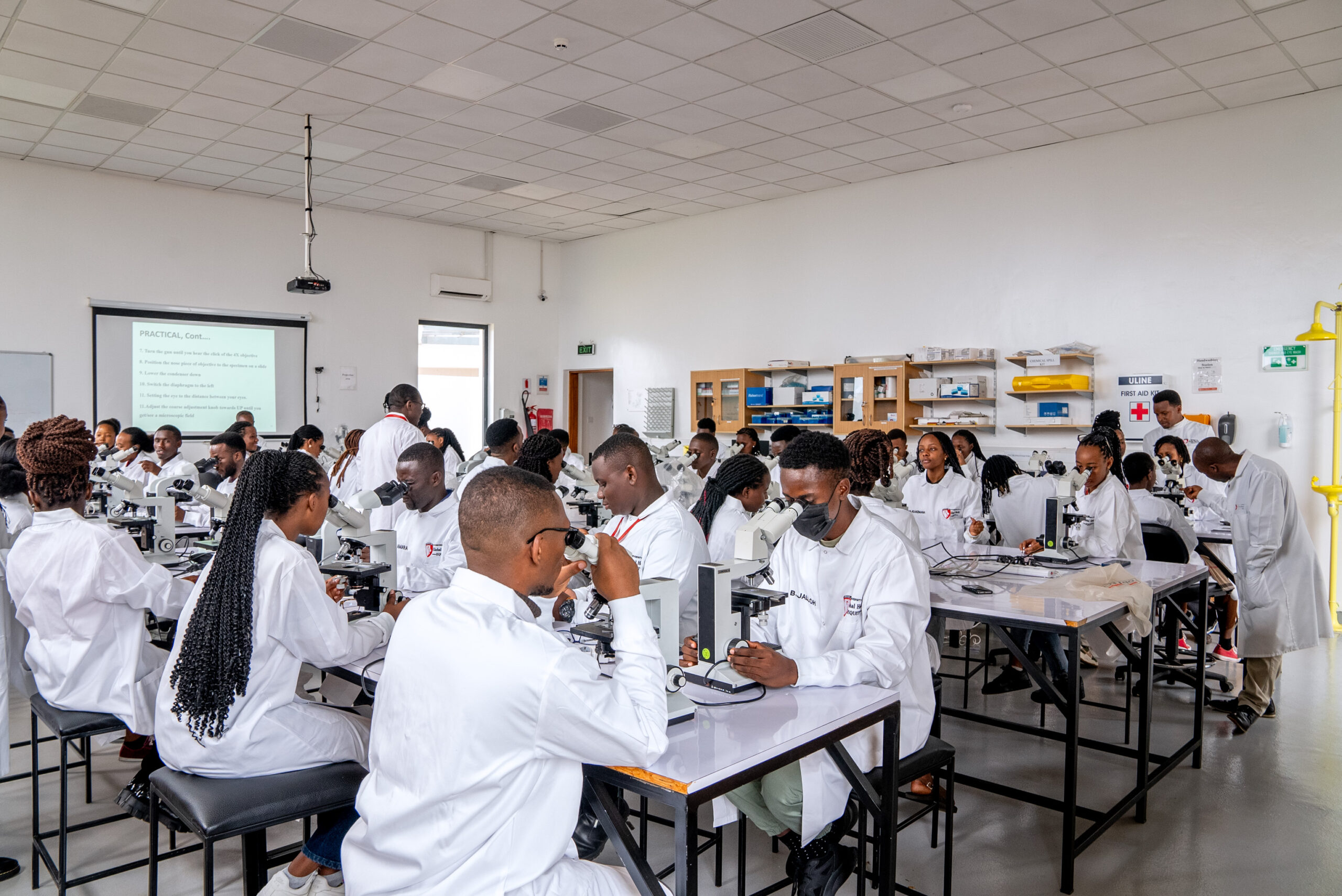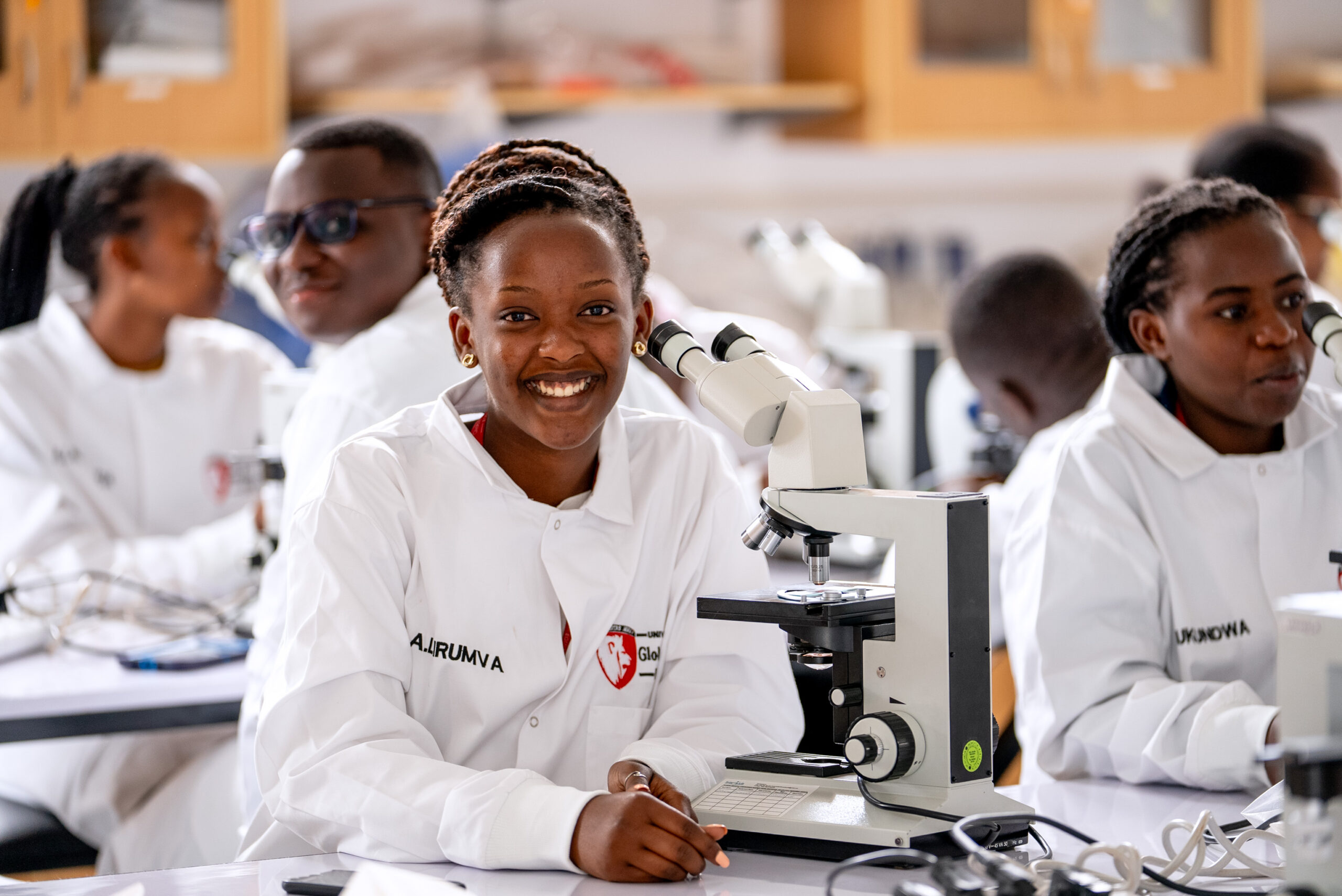About
March 16, 2021 2025-05-05 7:38About
Story of UGHE
The University of Global Health Equity (UGHE) is a pioneering institution redefining health education and delivery. Established in 2014 by Partners In Health (PIH) with the visionary leadership of the late Dr. Paul Farmer, UGHE was founded to respond to a pressing global need - creating a new generation of health leaders equipped to build and sustain equitable health systems in underserved regions worldwide.
Rooted in Rwanda, a country that has demonstrated what is possible when leaders invest in the health of their people, UGHE was born from decades of PIH, delivering high quality healthcare and social services in some of the world’s most vulnerable communities. Through 30 years of experience, PIH and its academic partners learned that while training programs are crucial, the world needed an institution explicitly dedicated to health equity, situated where health disparities are most acute.
The concept of UGHE is rooted in Dr. Paul Farmer’s unwavering belief that medical education should be inseparably linked to social justice and community service.

In May 2017
UGHE celebrated a major milestone, graduating its first Master of Science in Global Health Delivery class. This marked the beginning of a new era in health education, ensuring that the next generation of professionals is not only highly skilled, but also deeply motivated to serve marginalized communities.
In January 2019, His Excellency President Paul Kagame inaugurated the UGHE Butaro Campus in Burera District. Speaking at the inauguration event, H.E. President Kagame highlighted that this new, cutting-edge university represents an additional investment in the human capital of Rwanda and the region.
“The name of the school, the University of Global Health Equity, tells us something critical about its mission. It is not just about producing highly skilled medical professionals, though that is, of course, the foundation. It is also about, first, teaching students to put the human factor at the centre of care.
Hospitals don’t treat diseases, they treat individual people, each in his or her social and cultural context. Second, emphasizing the importance of investing in and strengthening national health systems. Instilling those principles is essential for reducing the disparities in health outcomes. We are proud to be associated with this institution,” President Kagame said.
Since its founding, UGHE has gained recognition for its transformative approach to health education. Through more than 12 academic units, the institution has shaped future leaders while advancing equitable healthcare delivery. This impact has been reflected in global rankings, with Times Higher Education ranking UGHE 4th among Sub-Saharan Africa’s top universities. Looking ahead, UGHE is expanding its academic offerings – including a PhD in Global Health – while deepening strategic partnerships and advancing campus development to further its mission of improving health outcomes across the continent and beyond.


Mission
Vision

Facts & Stats



